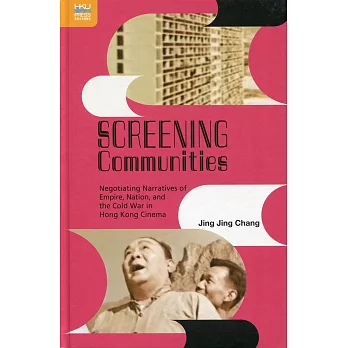Khách phục công cáo: Phản trá phiến! Bất bính ATM, võng ngân, bất thuyết tín dụng tạp, nhận chứng lam câu câu FB phấn ti hiệtTường tình
Khách phục công cáo: Phản trá phiến! Bất bính ATM, võng ngân, bất thuyết tín dụng tạp, nhận chứng lam câu câu FB phấn ti hiệtTường tình

Phân kỳ giới: ( trừ bất tẫn dư sổ ô đệ nhất kỳ thu thủ )Phân kỳ thuyết minh
| 3 kỳ 0 lợi suất | Mỗi kỳ588 |
|---|
Nhược nâm cụ hữu pháp nhân thân phân vi thường thái tính thả đại lượng cấu thư giả, hoặc hữu đặc thù tác nghiệp nhu cầu, kiến nghị nâm khả hiệp tuân “Xí nghiệp thải cấu”.
Thối hoán hóa thuyết minh
Hội viên sở cấu mãi đích thương phẩm quân hưởng hữu đáo hóa thập thiên đích do dự kỳ ( hàm lệ giả nhật ). Thối hồi chi thương phẩm tất tu ô do dự kỳ nội ký hồi.
Bạn lý thối hoán hóa thời, thương phẩm tất tu thị toàn tân trạng thái dữ hoàn chỉnh bao trang ( thỉnh chú ý bảo trì thương phẩm bổn thể, phối kiện, tặng phẩm, bảo chứng thư, nguyên hán bao trang cập sở hữu phụ tùy văn kiện hoặc tư liêu đích hoàn chỉnh tính, thiết vật khuyết lậu nhậm hà phối kiện hoặc tổn hủy nguyên hán ngoại hạp ). Thối hồi thương phẩm vô pháp hồi phục nguyên trạng giả, khủng tương ảnh hưởng thối hóa quyền ích hoặc nhu phụ đam bộ phân phí dụng.
Đính cấu bổn thương phẩm tiền thỉnh vụ tất tường duyệt thương phẩmThối hoán hóa nguyên tắc.